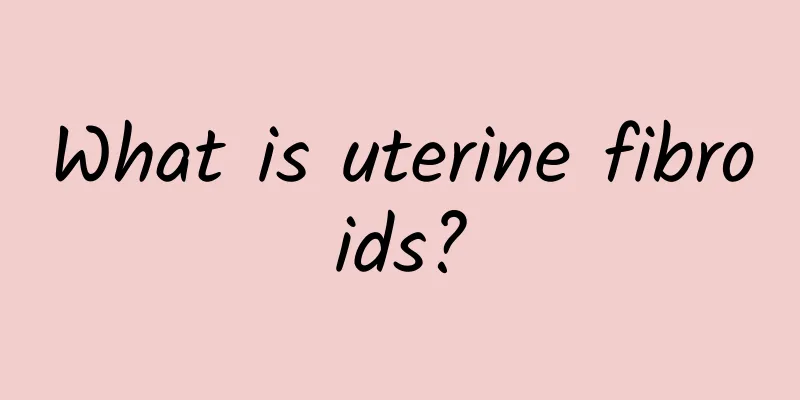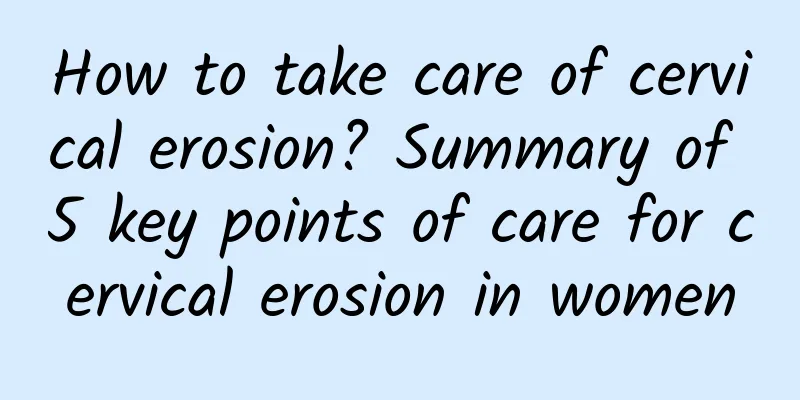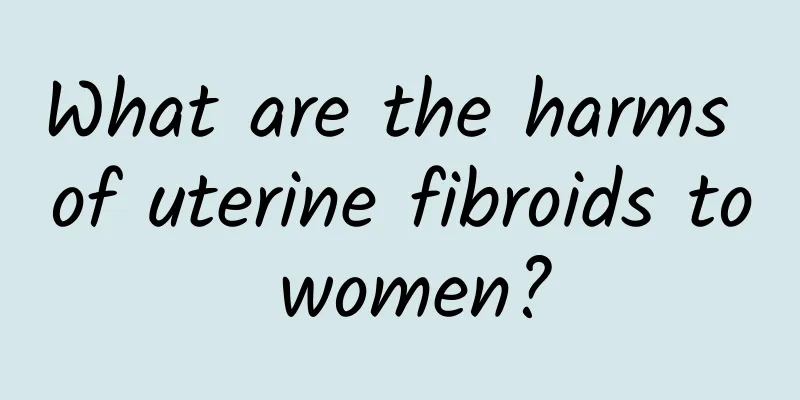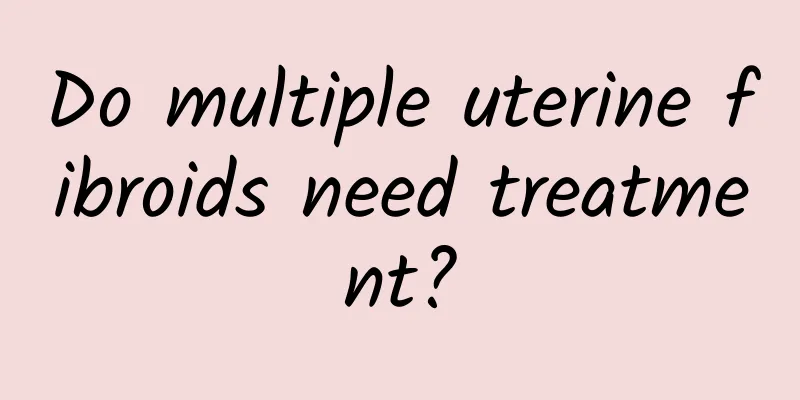What is uterine fibroids?

|
Uterine fibroids are a type of hormone-dependent tumor, and the cause of this disease is unknown. But most of them are related to changes in hormone levels in the body. Generally, after pregnancy or after supplementing some estrogen, uterine fibroids will grow abnormally, so uterine fibroids are generally related to changes in estrogen in the body. If the uterine fibroids grow under the serosa or intramurally, there are no menstrual changes, no frequent urination, and constipation. These conditions can be observed. If the uterine fibroids grow under the mucosa and affect menstruation, regardless of size, surgical treatment is required. If the uterine fibroids grow under the serosa or intramurally, there are frequent urination and constipation, and the torrent is larger than 155 cm. At this time, it can be treated surgically. Surgical treatment of uterine fibroids Uterine fibroids are a common gynecological disease. Surgery for uterine fibroids is a common gynecological surgery, including abdominal surgery, laparoscopic surgery and vaginal surgery. The three types of laparotomy are generally performed through an abdominal wall incision to expose the uterine fibroids for removal. They are classic and commonly used surgical methods. With the development of laparoscopic technology in recent years, minimally invasive technology has gradually matured and has now become a common surgical method. Myomectomy or hysterectomy is performed through minimally invasive methods. If the uterine fibroids are located under the mucosa and close to the cervix, the surgery can be performed through the vagina. How to treat uterine fibroids with diet There is no dietary treatment for uterine fibroids, because uterine fibroids have nothing to do with diet. The occurrence and development of uterine fibroids are related to congenital factors. It is also related to the level of estrogen in the body, and has nothing to do with diet, so there is no dietary treatment. Uterine fibroids need to be checked regularly, and the symptoms should be combined. Uterine fibroids without any symptoms may gradually shrink and disappear with menopause in the future. Too many people carry uterine fibroids for life without symptoms and do not need surgery. |
<<: Will painless abortion cause infertility?
>>: What are the taboos for ovarian cysts?
Recommend
What harm does uterine fluid cause to women?
The uterus is a female reproductive organ. If it ...
What is Visible Traffic?
Visual abortion is an artificial abortion procedu...
What should I do if my vaginal discharge is milky white? It may be cervical cancer
If a woman's vaginal discharge is milky white...
Can I eat soy sauce after a miscarriage? No effect
Can you eat soy sauce after a miscarriage? Modern...
Body Shaping Tutorial - Lower Body Swelling Savior (Part 2)
Would it be too greedy to want to slim down your ...
What should I do if vaginitis keeps recurring?
We know that for most patients, most vaginitis pa...
What are the symptoms of right ovarian cyst and how to find it easily?
What are the symptoms of right ovarian cyst? How ...
What medicine to take for cervicitis
Cervicitis is one of the common gynecological dis...
What are the causes of uterine fibroids? Which women are more likely to get uterine fibroids?
How do women get uterine fibroids? 1. Delayed chi...
What are the pathological manifestations of chronic cervicitis? 5 pathological manifestations of chronic cervicitis you should know
Cervicitis is a disease that women are prone to. ...
Is it normal not to have menstruation one month after painless abortion?
Is it normal not to have menstruation one month a...
What are the nursing measures for menopause?
Nowadays, menopause has become a very common gyne...
How to prevent recurrence of ectopic pregnancy
According to statistics, 10%-15% of women who hav...
International Health Department adopts 16-word principle for ractopamine standards
The Codex Alimentarius Commission (CAC), jointly ...
Unmarried women can also suffer from cervical erosion
As we all know, cervical erosion is common in mar...









